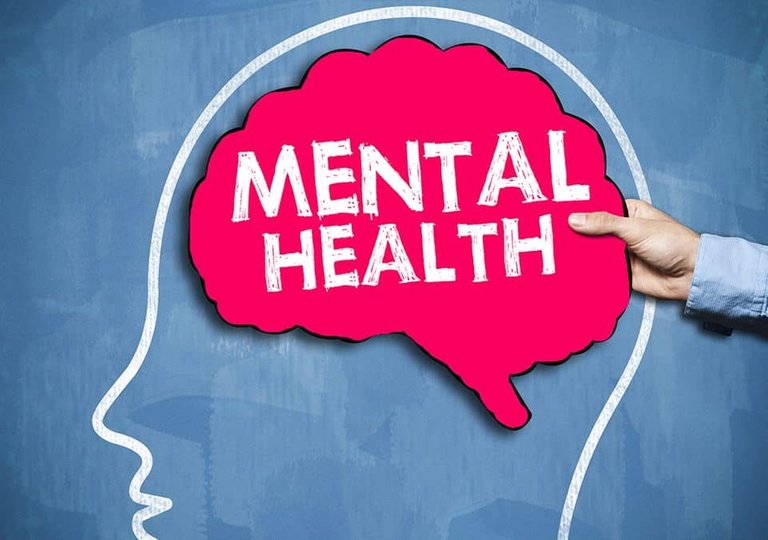Mental health is just as important as physical health, and it's important to take steps to protect and maintain it. This can include activities like exercise, good nutrition, getting enough sleep, and taking time to relax and do things you enjoy. Self-care can also include things like meditating, journaling, or practicing yoga. It's important to make time for yourself, and to make sure you're taking care of your physical, emotional, and spiritual needs.
Social support is important for mental health, and it's essential to build and maintain connections with family, friends, and others in your community. Joining a support group or club, or volunteering in your community can also be a great way to connect with people who share similar interests and experiences.
Stress is a normal part of life, but it's important to learn how to manage it so it doesn't become overwhelming. This can include developing coping strategies such as deep breathing, meditation, yoga, or exercise. It can also include learning time management techniques, setting boundaries, and learning to prioritize.
As mentioned earlier, your physical health and mental health are closely linked. Taking care of your physical health through exercise, nutrition, and regular check-ups can help you maintain good mental health. Eating a healthy diet, getting regular exercise, and avoiding drugs and alcohol can also help you feel better emotionally and mentally.
If you're feeling overwhelmed or experiencing emotional or mental health concerns, it's important to seek professional help. This can include talking to a therapist or counselor, or seeking treatment from a psychiatrist or other mental health professional.
Emotional well-being is the ability to recognize, understand and accept one's own emotions, to handle these emotions constructively and to be able to build positive relationships with others. Regularly check in with yourself, be aware of your emotions, give them a name and try to understand the reason behind it. Try to express them in a healthy way instead of bottling them up.
Surround yourself with people who love and support you, be in an environment that makes you happy and comfortable and make sure that you have a safe and peaceful place to call your own.
Be patient and compassionate with yourself. Practice forgiveness and give yourself the grace to make mistakes. Remember, you are only human.
It's important to remember that maintaining good mental health is an ongoing process. It's not always easy, but by making it a priority and taking steps to take care of yourself, you can protect and improve your mental well-being. Remember to be kind and compassionate to yourself, and to seek help if you need it.
Understanding and being aware of the warning signs of mental illness, such as persistent feelings of sadness or hopelessness, withdrawal from social activities, changes in appetite or sleep patterns, or difficulty performing daily tasks, can help you identify when you or a loved one might need professional help. It's never too early or too late to take care of your mental well-being.
